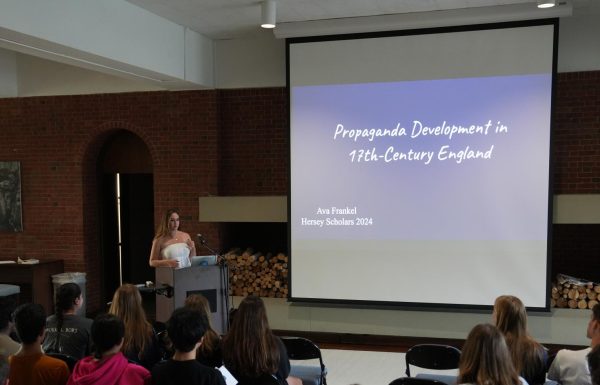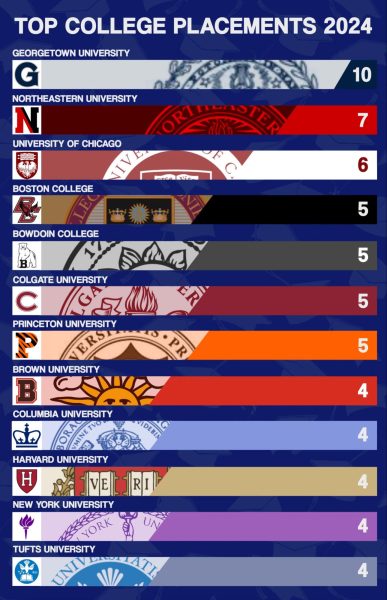Biden Vaccine Mandate Rejected in Supreme Court
Recently, the Biden Administration attempted to enact arguably their most direct response to the COVID-19 pandemic so far: a national vaccine mandate. The mandate, which set COVID-19 vaccination and testing requirements for American companies with over 100 employees, was brought before the Supreme Court for consideration in January. If passed, the Biden administration estimated that the mandate would have incentivized 22 million American employees to get vaccinated against the coronavirus and potentially prevent at least 250,000 future COVID-related hospitalizations. On January 13, however, the proposed mandate was rejected by a majority vote in the Supreme Court. After blocking the originally proposed vaccine mandate, the court voted in favor of a more limited mandate requiring the vaccination of healthcare workers in federally funded facilities, a policy that will impact large swaths of the American healthcare industry.
The Supreme Court’s ruling on this issue was met with a range of national responses, varying from ardent support to downright outrage. The conversation surrounding the proposed vaccine mandate has been controversial for some time, and can be divided into two central points of contention: first, the legitimacy of this specific mandate and the circumstances of its passing, and second, the debate over the scope of the government’s ability to interfere with individual liberties in the face of such an unprecedented public health crisis. The proposed vaccination mandate was issued by the Federal Labor Department’s Occupational Safety and Health Administration (OSHA), a government agency created by Congress to ensure safe and healthy working conditions for American workers. One of OSHA’s responsibilities is to minimize occupational hazards for American employees, an authority under which the Biden administration justified their imposition of a vaccine or routine testing requirement. This claim was challenged by a number of Supreme Court justices who believed that because of the nature of the coronavirus–a disease whose transmission is not limited solely to occupational spaces and can spread in all human gathering places–it does not directly qualify as an occupational hazard and is therefore out of OSHA’s jurisdiction. Others identified the fact that OSHA has never enforced any comparably wide-reaching policy in the past and questioned the justification of their doing so now. In response to these claims, Justices Stephen G. Breyer, Sonia Sotomayor and Elena Kagan, all of whom voted in favor of the vaccine mandate, argued that OSHA was authorized by both Congress and the President to make these kinds of policies. Intervening in the mandate’s passing would simply serve to prevent this federal agency, created with the intention of protecting workers, from doing so in the most effective possible manner.
Most of the controversy surrounding this proposal and its decisive court ruling, however, continues to be centered in the debate over the government’s right to enforce vaccination for American citizens. The Supreme Court majority concluded that the mandate did not take into account important factors such as the nature of individual industries and their potential COVID-19 exposure, while significantly interfering with the lives and personal health decisions of millions of employees. These justices condemned OSHA’s proposal as unjust for forcing people to choose between losing their jobs and undergoing a mandatory medical procedure, and overall advocated that the mandate was an outright misuse of government power. Duncan Griffin ’22, co-head of the Hotchkiss Republicans Club, said, “Protection and comfort should be decided on an individual level. It’s not the government’s job to mandate things in the name of safety. […] As such, people should be able to decide if they want to get vaccinated or not.”
Within the Supreme Court, the minority of justices in favor of the mandate argued that the federal government not only has the right but the responsibility to protect American citizens from the threat of COVID-19 through such policies as a vaccine mandate for employees of large companies. In accordance with this opinion, Biden maintains his opinion that this mandate would not impose severe requirements on employees, granting those opposed to vaccination the choice to remain masked and undergo weekly testing instead. Jaidyn Hurst ’23, a co-head of the Hotchkiss Democrats Club, disagrees with the Supreme Court’s rejection of the vaccine mandate. She said, “We currently have the tools and resources to beat the virus, so vaccinations and testing should be required. Otherwise, there is no way to beat this pandemic.”
A significant setback to the Biden Administration’s plans to combat the impacts of the coronavirus, the Supreme Court’s rejection of the proposed vaccine mandate leaves much of the national coronavirus response decentralized, as it has been throughout the pandemic. State legislation will continue to dictate the majority of the nation’s COVID-19 policy on a state-by-state basis with great national variety, leaving employers primarily responsible for dictating the COVID-19 policy within their businesses. Companies who choose to enforce testing or vaccination among employees risk losing workers who don’t want to comply with these regulations, an especially potent threat at a time when many businesses are scrambling to fill their workforces. On the other hand, companies that don’t take precautions against COVID-19 risk endangering their workers and the possibility of being forced to shut down in the event of a significant outbreak. In the coming weeks, businesses will continue to face this difficult decision without governmental guidelines, leaving the fate of many American companies unknown.













